Why Your Hand Sanitizer Doesn’t Stop the Flu (and Might Make You Sick)
Written by:
Maia James
01/20/2018
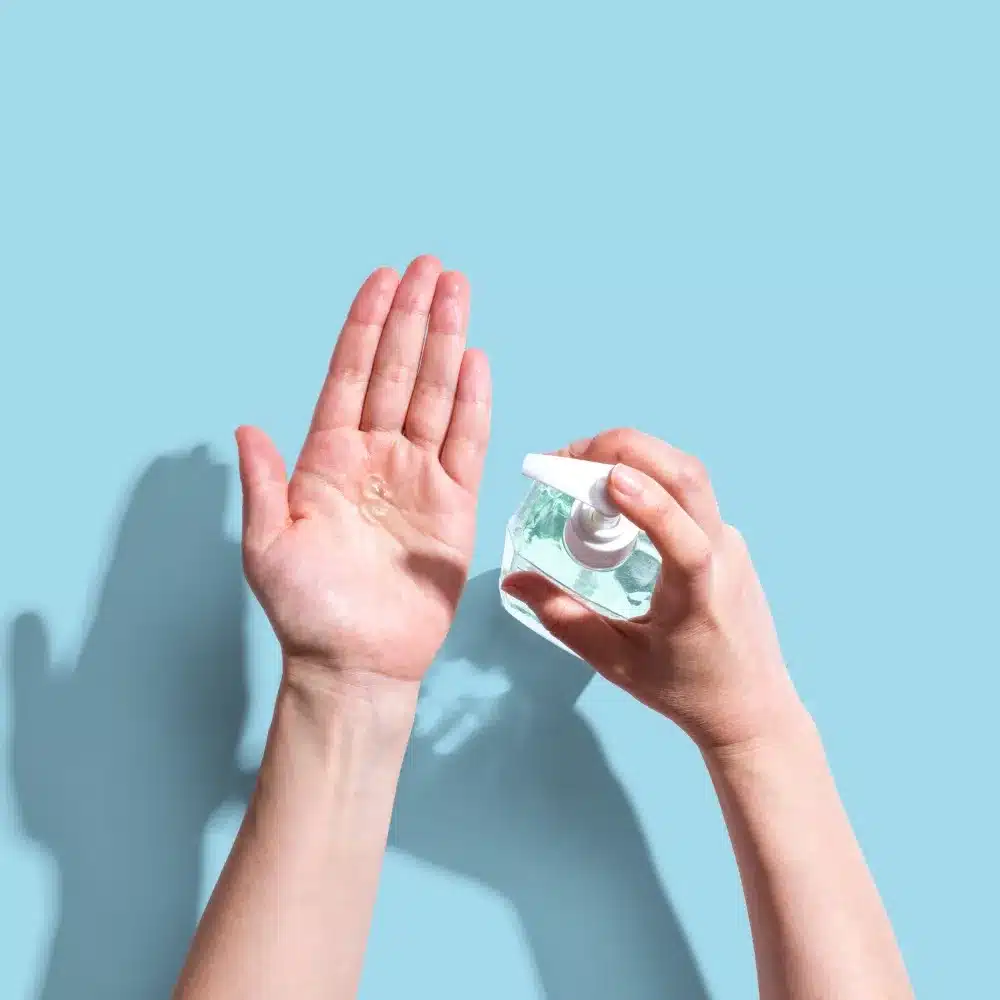
Updated: 09/29/2023
Looking for a different guide? Browse them all HERE.
Despite my longtime annoyance with Purell-toting moms, once I had my own children I found myself–to my horror–becoming something of a germaphobe.
When my sons are sick, we all suffer–they miss school, I can’t work, and no one sleeps. I’m judicious with the use of fever reducers and painkillers (here’s why), so some level of misery is inevitable. And in New York City, it’s hard to ignore how much exposure the kids have to germy surfaces, especially as babies (when mine can typically be found gumming the nearest subway pole).
With the flu dominating headlines right now, it’s hard not to worry about germs, so while you won’t see me with Purell in the sandbox, I have been known to surreptitiously spritz my kids’ hands with a natural sanitizer before they eat their snacks, hoping no onlookers are judging me.
Are antibacterial products toxic?
Most antibacterial products are decidedly toxic. Triclosan is the most popular ingredient in antibacterial hand- and dish-soaps, and lots of research has shown it to be an endocrine disruptor, with some studies suggesting it may also be harmful to the immune system.
Worse, bacteria that’s been exposed to triclosan is likely to become resistant to antibiotics, leading to the emergence of so-called superbugs. And get this: triclosan only works against bacteria—not viruses! And while obviously we want to protect our kids from salmonella, I suspect many of us use sanitizing soaps, wipes, and sprays with the hopes of staving of influenza and other miserable viruses.
The good news is that triclosan will not be found in any leave-on sanitizers (like Purell, which uses alcohol to do it’s germ-killing job). The bad news is that products like Purell have other problematic ingredients, like retinyl palmitate, which may create free radicals when exposed to sunlight, and propylene glycol, which is linked to cancer and reproductive damage.
Any scented hand sanitizer likely contains hormone-disrupting phthalates, and while the ethanol (alcohol) isn’t so bad in itself, it enhances the penetration of the other yucky ingredients.
Do hand sanitizers prevent illness?
If you’re thinking that the risks of small amounts of these ingredients is worth the benefits of sparing your family from nasty illnesses, this may change your mind: while alcohol-based hand sanitizers kill flu and other viruses in a lab setting, in actual practice they seem to be pretty ineffective.
Most studies show no reduced risk of infection with the use of hand sanitizers, perhaps because most upper respiratory infections (like the flu) are more likely to be spread via airborne droplets—from sneezing and coughing—than from touching germy surfaces.
The bottom line on hand sanitizers
There is very good reason to wash your hands after using the bathroom (obviously) and before eating. Studies have consistently shown soap and water to be more effective than hand sanitizers at removing germs from hands.
Need another reason? Sudsing up removes a host of environmental toxins—from flame retardants to heavy metals to pesticides—that you and your children have likely touched while going about your day. My kids definitely know to wash their hands whenever they come home after a long day out and about in the city, and before they prepare or eat food.
I continue to carry a natural hand sanitizer in my bag for times when we can’t get to a bar of soap before they eat, but I’ve relaxed enough to let my boys hold onto the subway pole, even if another kid has just sneezed all over it.
Stay sane,


Maia, Founder & CEO
Note: This article contains affiliate links or sponsored content, which means that if you make a purchase, we may earn a commission. We only recommend products that meet our strict standards for non-toxicity and that we use (or want to use!) ourselves. Thank you so much for supporting the brands that make Good Stuff!
Enjoying this guide?
Join 60K families who rely on our free guides on everything from milk to mattresses! Sign up to get $5 off your first order, access to our ultimate Clean Products Cheat Sheet, and ongoing exclusive access to coupon codes and promotions. Our weekly newsletter is filled with well researched tips and tricks to live a toxin-free lifestyle.
Related Posts
Best Probiotic Brands Shopping Guide
What Are the Best Multivitamins?
A Beginner’s Guide to Finding the Best CBD Oil
Staying Healthy for the Holidays…And Thoughts on Omicron
-
Do you have a guide on sanitizers? CleanWell isn’t carried at any of my local stores unfortunately.
-
Do your kids have the flu or just a bad cold? There’s a big difference. If the former, did you have them vaccinated, & if not why not? I know that this year’s vaccine is far from perfect, but this year, it’s the best we have, & saves lives.
-
Do you have any travel wipes for wiping things down that you suggest?
-
Yes! I carry these for just that purpose: https://gimmethegoodstuff.org/store/cleanwell-natural-hand-sanitizing-wipes/
-
-
Hi — what do you think of the BabyGanics alcohol-free foaming hand sanitizer? Here’s what the website says:
No: triclosan, parabens, sulfates, phthalates, artificial fragrances or dyes – Plant-based ingredients – Alcohol-free – Foaming – Moisturizing formula – Kills 99.9% of germs – Non-allergenic – Pediatrician & Dermatologist tested – 2X more uses than you get with gels – Product not tested on animals
Thanks for all your hard work!
-
Like most Babyganics products, this one is Sneaky, with benzalkonium chloride as the sanitizing agent; Skin Deep considers this ingredient a moderately hazardous immunomoxin.
-
-
What do you think of EO brand?
-
I think it’s Good Stuff:).
-

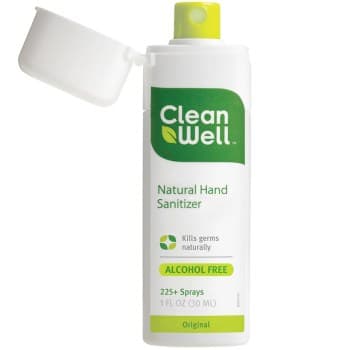
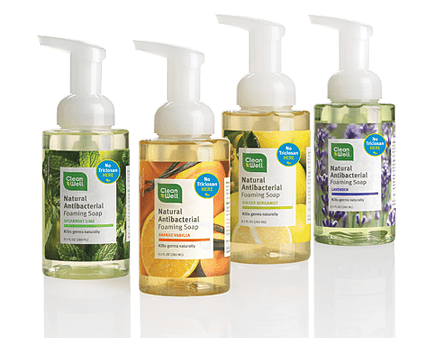
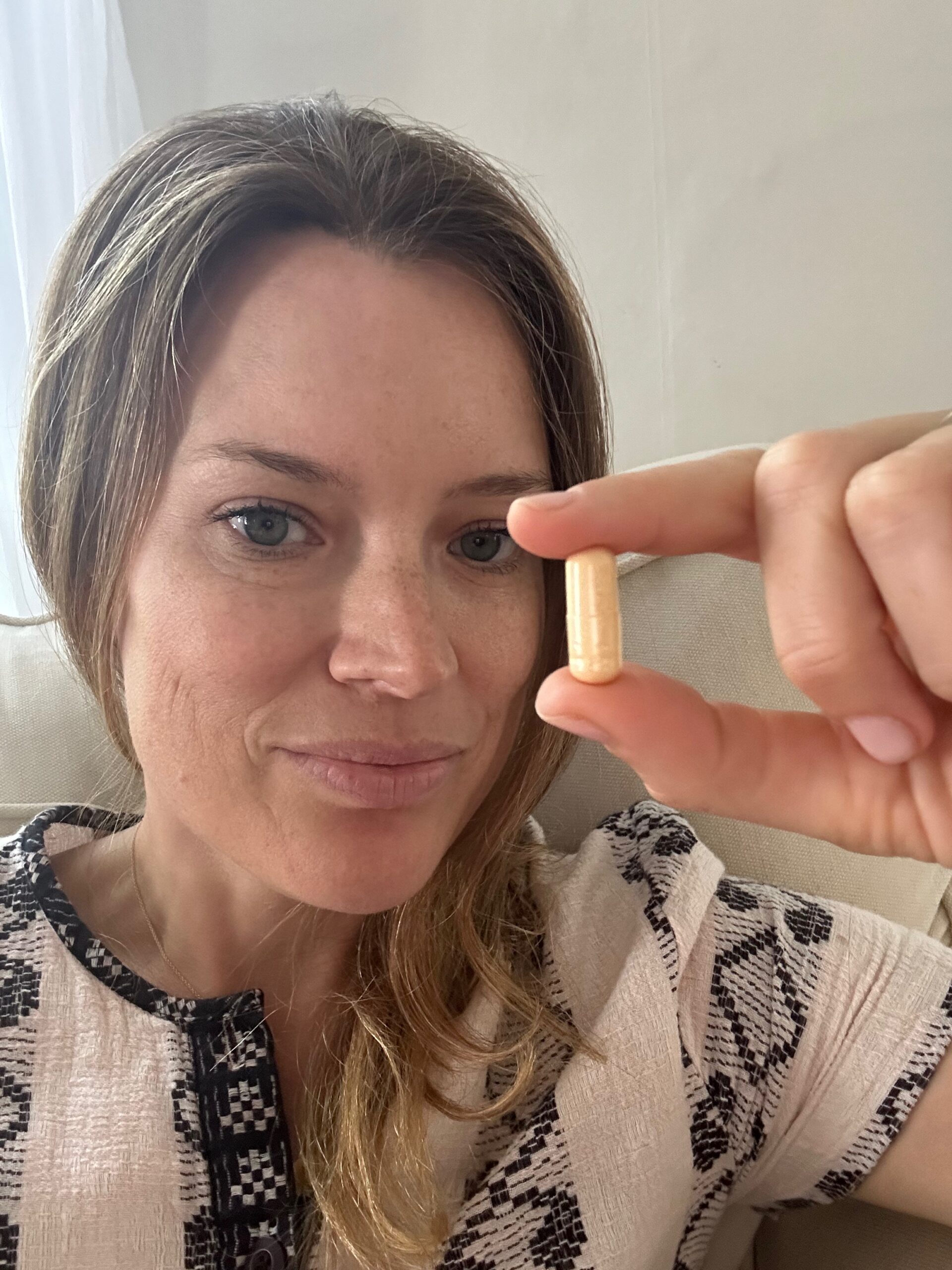
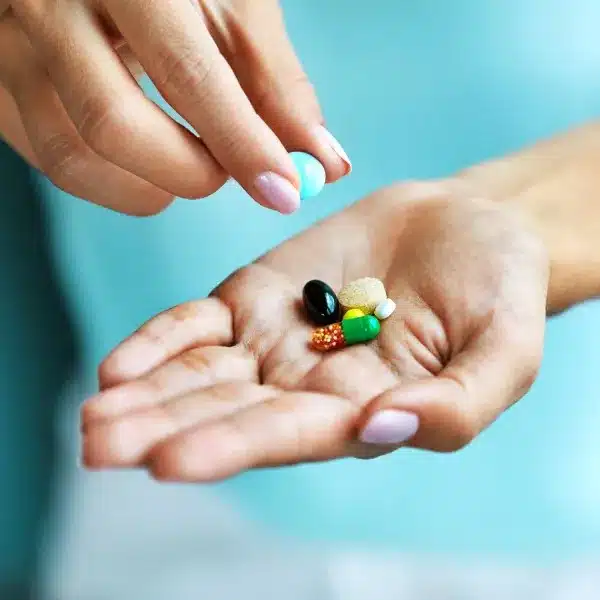

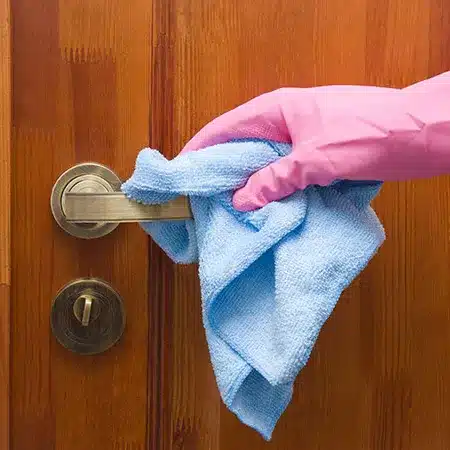
Leave a Reply
You must be logged in to post a comment.